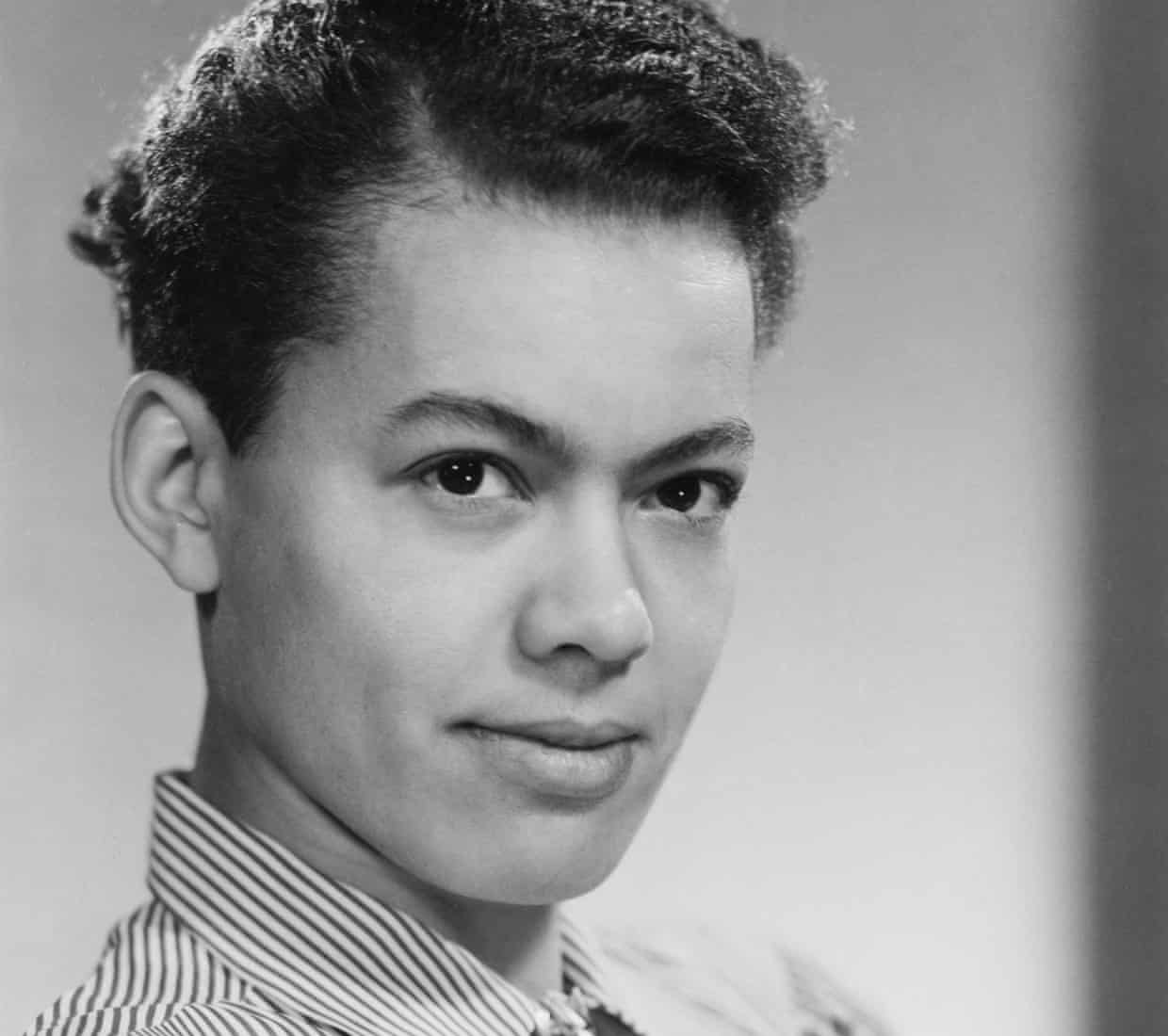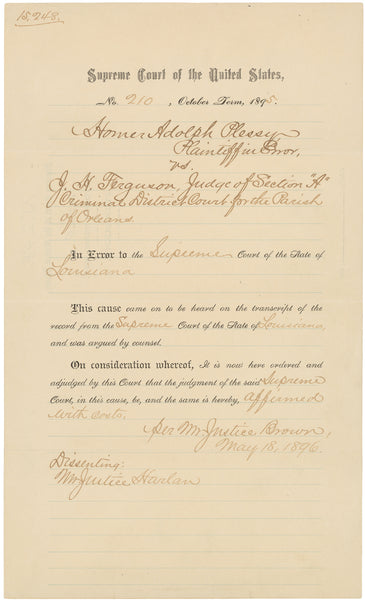Personal Identity Equality and Racial Misrecognition: Review Essay of Multiracials and Civil Rights: Mixed-Race Stories of DiscriminationPosted in Articles, Law, Media Archive, United States on 2021-11-13 00:23Z by Steven |
Journal of Civil Rights and Economic Development
Volume 34, Issue 1 (Spring 2021)
pages 13-37
Taunya Lovell Banks, Jacob A. France Professor Emeritus of Equality Jurisprudence
Francis King Carey School of Law
University of Maryland
Tanya K. Hernández in her book, Multiracials and Civil Rights, responds to arguments by multiracial legal identity scholars. According to Professor Hernández, these legal scholars who argue that anti-discrimination law fails to protect their right to racial personal identity equality. Specifically, the gravamen of their harm is the misrecognition or non-recognition by law and society of a multiracial person’s chosen identity. Professor Hernández’s book provides an opportunity to consider the extent and degree to which the multiracial identity movement undercuts, not only the right of multiracial individuals to seek legal remedies for race discrimination in various aspects of their lives, but more importantly, the larger project, namely the dismantling of an American hierarchy grounded in an ideology of white dominance. This review essay explores the problems with the multiracial legal identity scholars’ arguments and Hernández’s suggestions for remediation.
Read the entire essay here.





